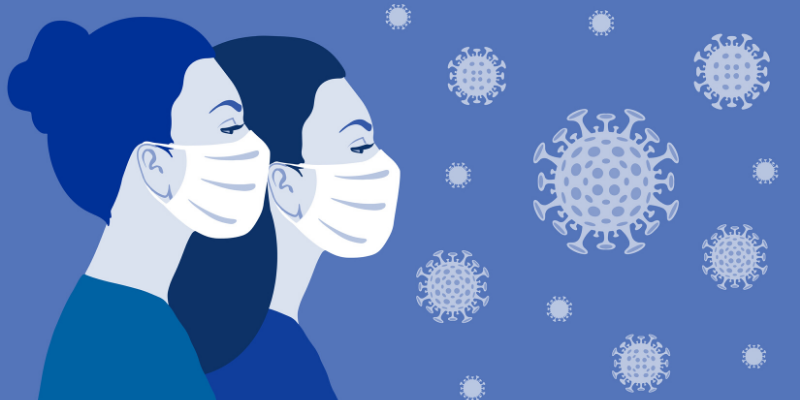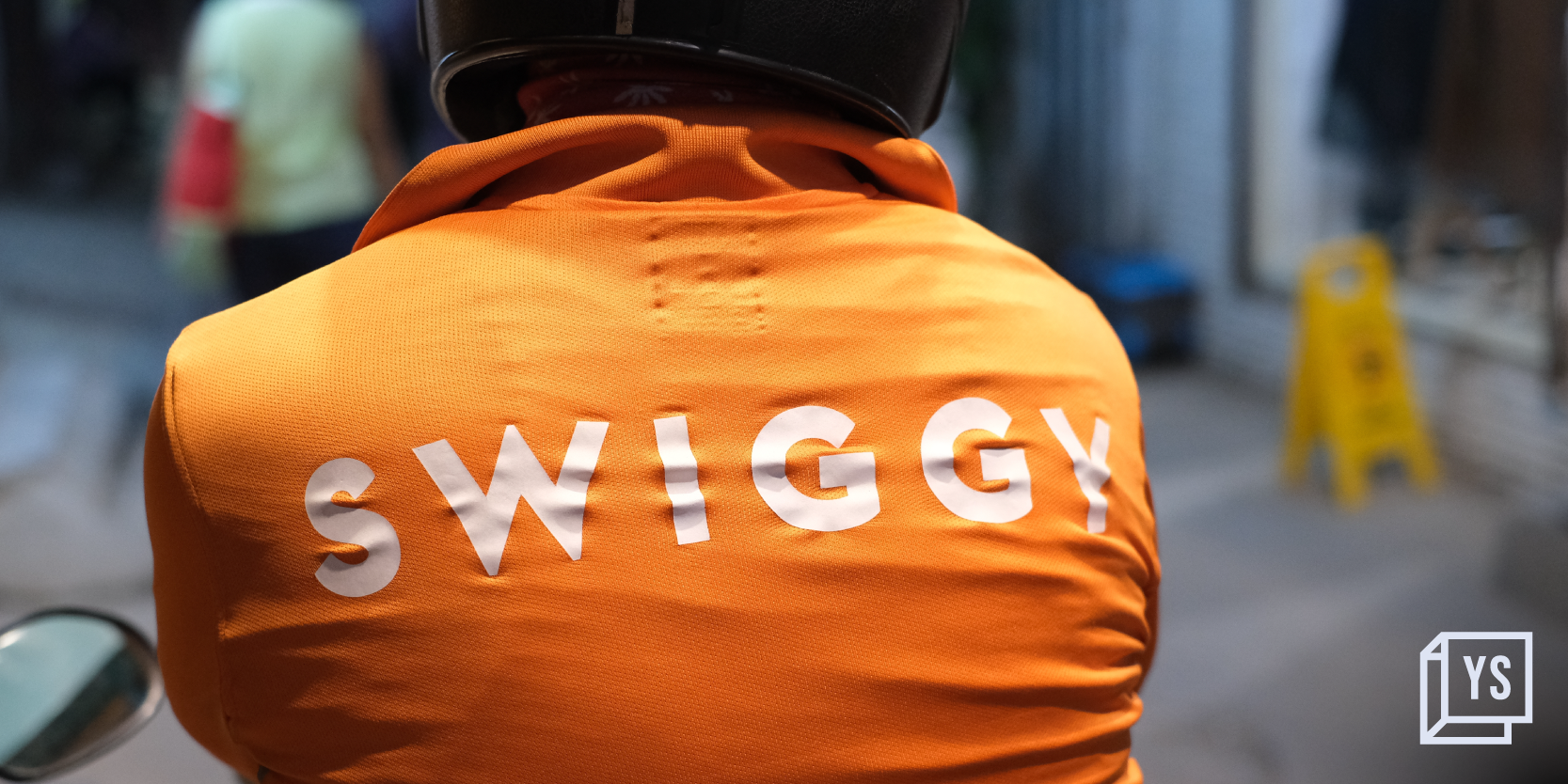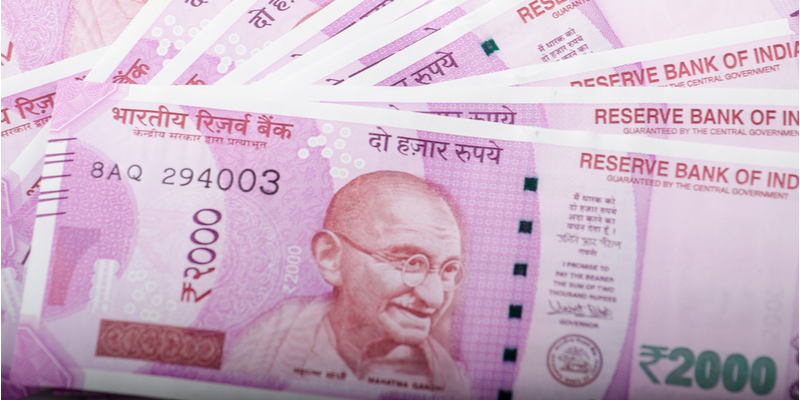Low income, high responsibilities: COVID-19 is affecting the mental health of single, urban women
Apart from fragile mental health conditions, there is also now the pressing concern of salary cuts, no appraisal/ KRA, and, freelancers being thrown out of work.

Thirty-three-year-old Palashpriya Banerjee works with Discovery Channel and lives alone in Gurugram. Her ageing parents reside in Kalyani, a suburb outside Kolkata. “My mother is on dialysis thrice a week and hence they must go out for that and my father has to procure groceries and medicines. The domestic help from the centres have stopped coming, so my father is doing everything by himself. But almost three and a half weeks of being in this lockdown, being positive while stuck up in a one-bedroom apartment with just my dogs, is now getting to me.”
Palashpriya chose to live an independent life, alone, and far from home. However, she never thought of finding herself in a dark place such as now, because of the coronavirus-led lockdown.
Apart from fragile mental health conditions, brought on by gnawing loneliness, no physical visits to one’s therapists, non-availability of antidepressants and sleeping pills, sans a proper prescription, discontinuation of work-outs, general ennui, and, the social isolation of living in urban metros, there is also now the pressing concern of salary cuts, no appraisal/ KRA, and, freelancers being thrown out of work – with payments pending and work orders, distant.
I started Status Single, an online community on Facebook, in 2018, after I had launched my best-selling work of non-fiction by the same name, which is based on interviews with over 3,500 urban single women. Last year, we begun a WhatsApp group as more and more women flooded the online pages, keen to know if there was a place, a platform, a community where they could be seen, heard, felt, and, where their issues and stigmas and worries could find a safe sanctuary. Ever since the lockdown commenced, right from the Janata Curfew, my phone hasn’t stopped ringing.
According to UNESCO, 300 million children are missing school globally due to the current virus outbreak, escalating the responsibilities of parents, especially mothers. According to ‘Time To Care’, a report by Oxfam, women and girls spend 3.26 billion hours of unpaid care work daily, contributing Rs 19 lakh crore to the Indian economy annually, equivalent to 20 times the entire education budget of India. Lockdowns and self-quarantine measures have accelerated women’s workload as we are now home-bound for longer spells, with increased burdens of caregiving.
“As a single parent, I daily juggle parenting and being a single breadwinner. In the lockdown, it’s become worse. My financial stability is shaken. I am a ‘solopreneur’ and work as an independent consultant. So, there is no paycheque coming in at the end of the month. If I don’t work, I don’t get paid. I chose this path because it gives me more time to spend with son,” pensively pauses 38-year-old Supriya Jain, in Bangalore, whose husband passed away in 2015.
“With clients cutting down spends, I’ve seen my retainers being put on pause and some projects outright cancelled. I woke up to Rs. 2,000 in my account at the beginning of this month. Some savings I had in mutual funds too were wiped out because of the market crash, almost at the same time.”
The virus outbreak has highlighted women’s economic insecurity. A survey by the Kaiser Family Foundation claims a much larger proportion of women worry about the loss of income due to disruption of work caused by COVID-19, as compared to men. Women already face a significant wage gap and alarming rates of attrition.
A 2016 Columbia University study reveals that women who have lower income than male counterparts (when matched across age, education, industry, marital status, and other factors) are twice more likely to be depressed and six times more likely to suffer from anxiety.
Winner of the prestigious 2017 Bala Kailasam Award for journalism, 36-year-old independent journalist and writer Sohini Chattopadhyay, who’s an only daughter asks me if I have my driver. It’s still the early days of the COVID-19 outbreak, on the threshold of the Janata Curfew.
I ask why.
‘Need to stock up medicines for my paternal grandfather (who is bed-ridden), adult diapers, his feeding pipe and immune-suppressants for my father,’ Sohini texts back, urgently. She has been the solitary caregiver for the past few years, ever since received a phone call when she was on a writing fellowship. “My father was diagnosed with liver disease. That was a critical moment in my writing career where I would need to network, learn the ropes. My father needed a transplant which he was hesitant about and finally, because he could not really make up his mind about this, I took the decision. Also, in 2016, my grandmother got really sick, and got diagnosed with cancer.’
Her grandmother passed away as Sohini watched over her mother match as the donor for her ailing father.
‘Sometimes, I get bogged down by the enormity – physical and mental and financial burden of caregiving – I wished I could be the child who sends money for treatment and comes visiting for five days, maybe during a crisis. During those years with my father, I had no time and mind space to apply for the right job,’ reminisces Sohini, who finds herself unusually stretched, even now, as she manoeuvres between collecting data for her ground zero health reportage, hours of phone calls, and transcribing them into articles. She also manages to procure medicines and supplies (her bed-ridden grandfather also lives with them), and, manages his nurse.
Thinking of all the myriad crises that have reared their head, I stare at my WhatsApp group abuzz with members – we are in the process of organising a webinar on financial planning during these troubled times – I think of how a national editor of a pink paper smirked when I reached out to share the same woes.
‘Urban, middle class, single women….’
There was a stubborn pause.
‘Not the Four Shots, types?’ he guffawed, adding impatiently that he’d call back.
Another, heading a Sunday magazine, texted.
‘Sorry, Sreemoyee. Our pages have been cut back.’
I ask myself if my community of 74.1 million Indian women are trapped somewhere in the midst of those two binaries: mainstream national media’s understanding of the word ‘urban, middle-class, single,’ – as delineated by shallow popular culture – and slickly marketed digital shows.
There is no space for urban single women, in India.
Edited by Kanishk Singh
(Disclaimer: The views and opinions expressed in this article are those of the author and do not necessarily reflect the views of YourStory.)











